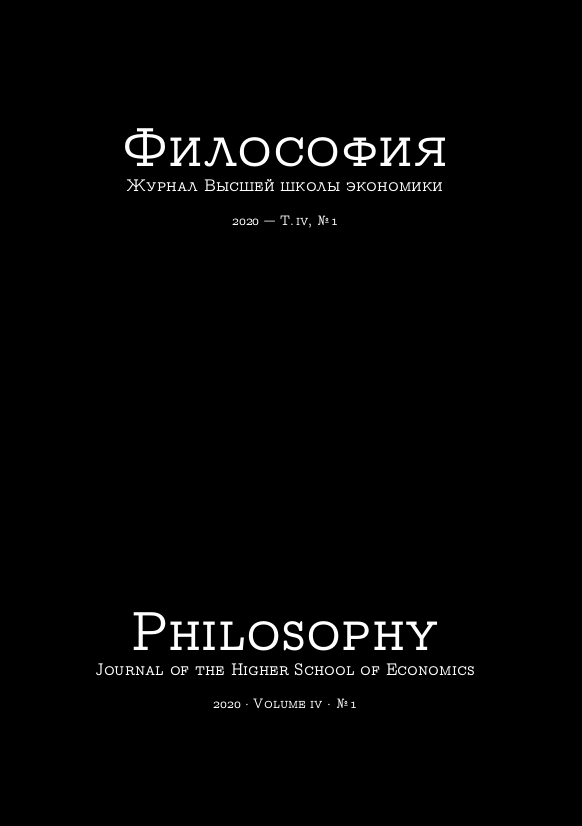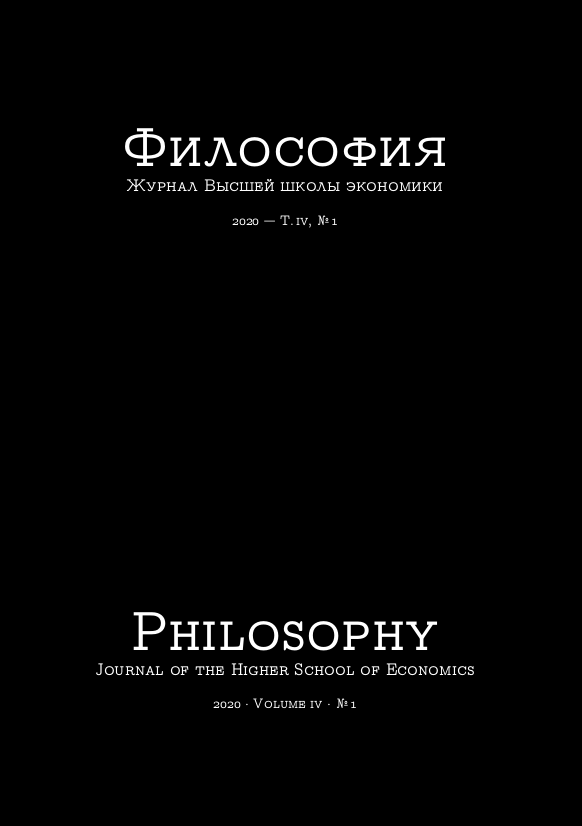
Данный тематический номер журнала задумывался как площадка для диалога между философами, учеными-естественниками и практикующими врачами о природе нейроэтики — дисциплины, которая до сих пор в России не является устоявшейся, однако все больше привлекает внимание как междисциплинарная по своей сути. Не случайно в результате объявленных в начале XXI века Европейским Союзом и странами Северной Америки широкомасштабных программ исследования мозга возник ряд новых научных дисциплин — например, нейроэкономика, нейропсихология, нейрофилософия, нейрополитология, нейротеология, в которых философский взгляд на исследуемую проблему имеет не меньшее значение, чем естественнонаучное ее изучение, а выработка общего научного языка становится чуть ли не условием их успешного развития. Возникновение такого рода дисциплин на стыке различных когнитивных и социальных наук является свидетельством очередного «натуралистического» поворота в гуманитарном знании и одновременно понимания важности этической экспертизы естествонаучных исследований.
Раздел «Исследования» данного номера открывается статьей Р.Г. Апресяна, где автор формулирует «вызовы» для современной философии и нейронауки, которые потребовали, с одной стороны, осознания философами необходимости ревизии этико-философских понятий для развития моральной теории в соответствии с актуальным развитием науки; а с другой стороны, преодоления неоправданного скептицизма ученых в отношении эффективности использования ими наличных этических концептов, являющего следствием, как правило, «обыденного» понимания ими морали. Далее в статье Д.И. Дубровского раскрывается содержание различных наиболее значимых направлений исследований нейроэтики — от Brain Reading до свободы воли, — что позволяет увидеть в ней важнейший элемент современной нейронауки. В статье Т. Хамдамова анализируются конкретные примеры Human Brain Projects, в которых функционирование сложных многофакторных моделей мозга и нервной системы обеспечивается большими вычислительными мощностями программно-аппаратных комплексов в ходе компьютерных симуляций нейрофизиологических, нейробиологических и нейропсихологических процессов живого организма. Завершает этот раздел статья Ю.Ю. Петрунина, в которой представлены результаты проведенного им наукометрического анализа базы публикаций российских ученых по нейроэтике в РИНЦ и зарубежных базах MND и WoS, позволяющего судить о специфике институционализации нейроэтики в России.
В разделе «Дискуссии» представлены материалы круглого стола «Актуальные проблемы нейроэтики», состоявшегося 30.10.2019 г. при совместном участии НИУ ВШЭ и НСМИИ РАН. Далее — развернутая дискуссия наших коллег из Белоруссии о перспективах «улучшения человека» в рамках психо-нейро-генетики в результате манипуляций с генами и внедрения НБИК технологий.
Раздел «Рецензии и обзоры» размещена обзорная статья М.В. Федоровой, где анализируются наиболее цитируемые западные публикации по нейроэтике за последние несколько лет. Далее представлены три полемические текста: рецензия К.К. Мартынова на книгу Б.Г. Юдина «Человек: выход за пределы» (2018), рецензия Г.А. Часовских на книгу Р. Сапольски «Биология добра и зла: как наука объясняет наши поступки» (2017) и рецензия А.А. Тесли на книгу С.Л. Чернова «Casus Владимира Печерина» (2016). Наконец, в разделе «Архив философской мысли. Переводы» мы предлагаем вашему вниманию комментированный перевод Джанноццо Манетти «Жизнеописания Сократа и Сенеки», выполненный Э.Р. Андреевой и Р.Л. Шмараковым.
Анастасия Углева






